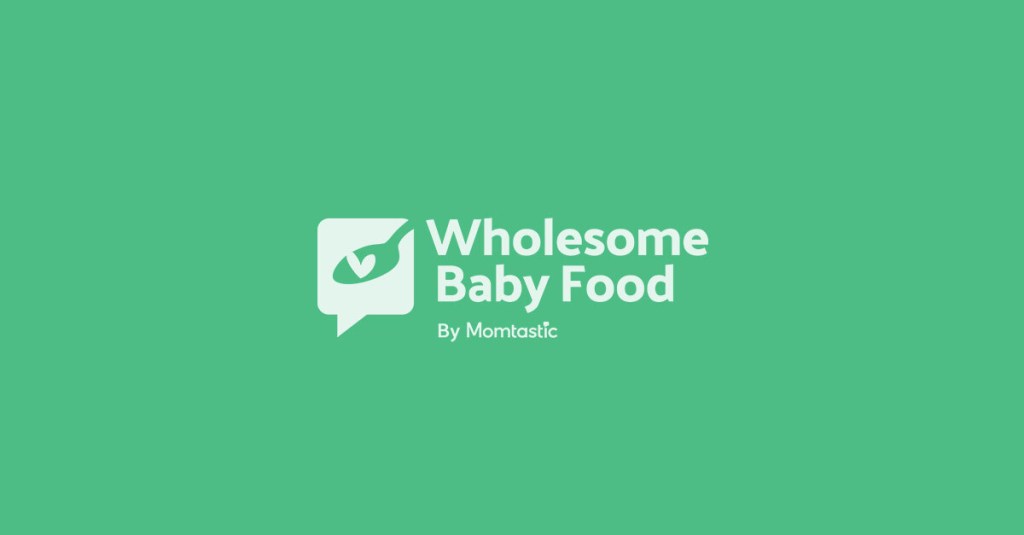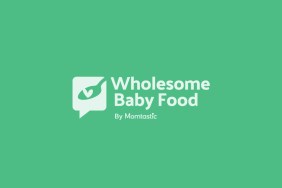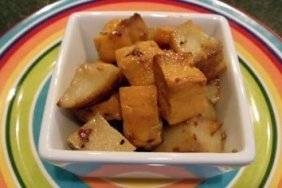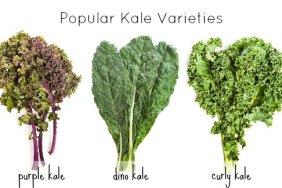There are many myths surrounding feeding babies, here are a few of our “favorites”
 From the almost plausible to the entirely ridiculous, you may have read or been told a few things about feeding your baby that made you think “Really? Why is that?”
From the almost plausible to the entirely ridiculous, you may have read or been told a few things about feeding your baby that made you think “Really? Why is that?”
Below are just a few of the common myths that seem to hang on throughout the generations. Pick one and click to read or just scroll through!
Do Not Feed Your Baby “Fatty” Foods
Commercial Baby Food Is Far “Safer” For Baby
Blueberries are highly allergenic
“Orange” Foods Are Dangerous Because of Too Much Vitamin A
Cereal in the Bottle helps baby sleep (opens in its own page)
Baby Should Not Have Fatty Foods
Myth: You should never feed your baby “fatty” foods like avocado or whole milk dairy products.
Truth: Babies NEED fat in their diets. Formula and breast milk contain a high amount of fats – “good” fats that is. Fat and fatty acids are essential for brain development. Avocado is one food that oftentimes parents are told not to feed their infants due to the fat content. While avocados may be high in fats, they are high in “good” fats. Avocados contain monounsaturated fats which are said to lower “bad” cholesterol and also aid in maintaining a healthy heart. Also high in fiber, avocados are great aids in reducing the risks of cancer and heart attack. Avocado makes an excellent first food for baby. Read more about Avocados on our avocado page.
Diary products should be of the full fat version until baby is 2 years old. DO NOT GIVE baby 2%, 1% or low fat dairy products until after 2 years old unless you are otherwise instructed by your baby’s doctor. Some doctors even recommend waiting to give lower fat dairy products until after the baby has turned 3 years old. Yogurt is a great way for baby to get the fat that is so highly needed during baby’s first year.
Commercial Baby Food is Safer than Homemade
Myth: Commercial Baby Food is “Safer” For Baby to eat due to sterility and monitoring.
Truth: Guidelines for facilities that process foods (including baby foods) are strict it’s true. However, the (U.S.) Food and Drug Administration responsible for regulating and ensuring safe food, has a threshold level of insect parts, mold and rodent parts that must be reached prior to a food being considered “unsafe” to sell to the public. The US-FDA considers it far better to allow certain levels of these unsavory items in foods than to treat those foods with chemicals. Consider this – It’s been estimated by an Ohio University fact sheet that we actually eat 1 to 2 pounds of insects each year, unintentionally. You may view a list of foods and their “allowable defect levels” at US-FDA Defect Action Level Handbook
And regarding pesticide levels, “Baby-food carrots were recalled [by the FDA] because they absorbed lead while growing in an apple orchard, where a lead-based fruit pesticide had years earlier seeped into the soil.” LAURAN NEERGAARD, AP Medical Writer article entitled From grocery store to test tube _ monitoring the chemicals we eat – 2003
Commercial Baby Food is no safer than homemade baby food; remember the issues surrounding the plastic used to seal the jars of baby food? All things considered, it is probably correct to assert that both forms of baby food are equal on the “safety” front with homemade baby food having the added advantage of your careful cleansing and preparation.
Blueberries are highly allergenic
Myth: Blueberries are highly allergenic like strawberries are – don’t feed them to baby until after 1 year old.
Truth: Blueberries are not really a common allergen – they are not in the “berry” family. Blueberries are not related to strawberries, raspberries and the like. Those “true” berries may be mild to highly allergenic. Read more at our Blueberry Info & Recipes
Orange Foods are Dangerous due to too much Vitamin A
Myth: An abundance of “Orange” foods is dangerous and will cause Vitamin A overdose.
Truth: Parents who feed their infants a lot of orange fruits and vegetables may one day notice that their infant’s palms, soles of the feet and even face have taken on an orange hue. Don’t be too alarmed and don’t worry that your baby may at risk of Vitamin A overdose. Unless your baby is sickly, a more yellow than orange color and the whites of baby’s eyes are also yellow tinged, your baby probably has carotenemia and not jaundice.
Vitamin A may be dangerous and even lethal when too much of it is taken in the form of a vitamin supplement. Natural Vitamin A, such as that which beta-carotene converts to, is harmless and is indeed very beneficial for promoting good vision and eye development as well as helping sustain healthy growth and development.
Orange foods, such as sweet potatoes, winter squash, pumpkin and carrots, contain high levels of beta-carotene. Beta-carotene is a carotenoid. “Carotenoids are dark colored dyes found in plant foods that can turn into a form of vitamin A. One of the carotenoids is beta-carotene. Beta-carotene is an antioxidant.” NIH, Medline Plus The more deep the color of the orange veggie or fruit, the higher the amount of beta-carotene. Dark green vegetables are also high in beta-carotene.
As always, please contact your pediatrician with any medical concerns your baby may be experiencing; generalities may not apply to your baby’s particular situation.
Buying “Baby Juice” is best
Myth: My baby should drink the “baby” juice made by baby food companies because the juice is better.
Truth: “Baby juice” is not special nor is it magical. You would do better by purchasing “adult” 100% natural juice. Ensure that the juice (or even applesauce.) you purchase has no ingredients other than apples (or another fruit) and water. A few juices will contain Ascorbic Acid – this is fine as Ascorbic Acid is Vitamin C. You want to stay away from any type of juice or other food that contains high fructose corn syrup. Many fruit juices will contain this yucky ingredients so please read the labels. Read more about giving baby juice
(Many parents do not wish to offer their infants any type of fruit juice at all and we do not advocate fruit juice as a constant beverage. Juices should be used very sparingly, if at all. We recommend always diluting any juice that is offered. Juices are good for helping to alleviate constipation. Read more at The Use and Misuse of Fruit Juice as published by the American Academy of Pediatrics)
My Baby Hates Solid Foods/My Homemade Foods
Myth: I tried to feed my baby (xyz) food once and he hates it.
Truth: Experts say that it takes an infant between 15-21 instances of trying out a (new) food before a true like or dislike is established. If you are just beginning to introduce solid foods, you really will not be able to determine if your baby has a true dislike for a food until much later. In the initial stages of solid food introduction, you will be met with funny faces as your baby tries to understand the textures and taste of the new foods. These funny faces, and even a refusal to open ones mouth for a feeding, do not necessarily indicate a dislike for a food. Remember, baby has been accustomed to nothing but breast and/or bottle for 6 months; putting a new object (spoon) full of a new substance (sweet potato) into his mouth is probably quite disconcerting. Making your own baby food and freezing purées allows you to go back and try a “rejected” food over again with minimal waste and economic cost.
You cannot Freeze Avocado or Banana
Myth: You can’t freeze Bananas and/or Avocados
Truth: We are unsure where this myth originated however we suspect it may be perpetuated by parents who have had their banana and/or avocado turn brown when frozen. There is no health/nutritional reason for not freezing bananas and/or avocados.
True, they may turn brown however this browning is natural and unless you began with brown and rotting fruit, the browning is not indicative of rot. Browning is the natural process that occurs as many fruits oxidize and ripen. read more – Bananas >>>> read more – Avocado >>>>
![]() Remember, always consult with your pediatrician regarding introducing solid foods to your baby and specifically discuss any foods that may pose allergy risks for your baby.
Remember, always consult with your pediatrician regarding introducing solid foods to your baby and specifically discuss any foods that may pose allergy risks for your baby.
![]() This site complies with the HONcode standard for trustworthy health information:
This site complies with the HONcode standard for trustworthy health information:



